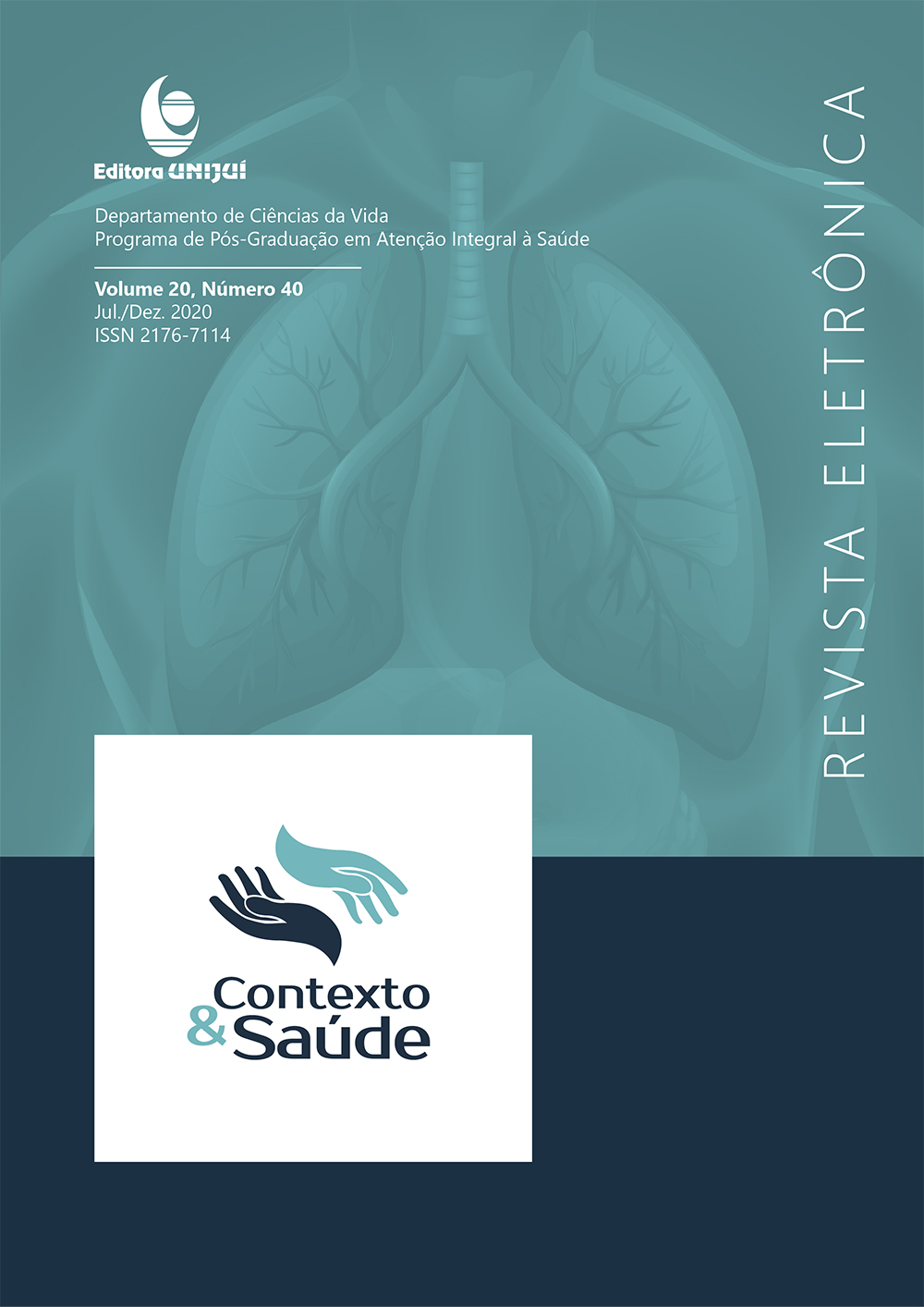MAPA FALANTE DE CRIANÇAS COM NECESSIDADES ESPECIAIS NA VOZ DE MÃES CUIDADORAS
DOI:
https://doi.org/10.21527/2176-7114.2020.40.181-188Keywords:
Saúde da Criança, Necessidades e Demandas de Serviços de Saúde, Apoio Social, Relações Mãe-Filho.Abstract
Objective: to describe the institutional support network accessed by children with special health needs in the voice of caregiving mothers. Method: research with a qualitative approach, developed with mothers caring for children with special health needs, users of a Children's Polyclinic located on the western border of Brazil. The study was developed through the creativity and sensitivity dynamics Mapa Falante, with the metaphor of drawing for the production of data. The production of the data was carried out in the home space, the speeches were audio recorded, transcribed and analyzed through the analysis of the Pecheutian discourse. Results: from the perspective of caregiving mothers, children who have special health needs need a broad social support network, represented by the institutional and social networks that are part of their children's daily lives. In the speech of these women, it was also observed the difficulty of including children in society, due to the presence of social taboos of the special need for health care. Mothers are primary, exclusive caregivers and care is sometimes shared with other family members. Conclusions: the solitary care, shared in some moments, is evidenced in the speech of the caregiving mothers. The difficulty of inserting the child in school, the diversity of health services required also appear in the artistic production and in the statements of these women. The discourse denotes the importance of nursing care for the preparation of these children's families for the continuity of care in the home space.
Downloads
Published
How to Cite
Issue
Section
License
By publishing in Revista Contexto & Saúde, authors agree to the following terms:
The works are licensed under the Creative Commons Atribuição 4.0 Internacional (CC BY 4.0) license, which allows:
Share — to copy and redistribute the material in any medium or format;
Adapt — to remix, transform, and build upon the material for any purpose, including commercial.
These permissions are irrevocable, provided that the following terms are respected:
Attribution — authors must be properly credited, with a link to the license and indication of any changes made.
No additional restrictions — no legal or technological measures may be applied that restrict the use permitted by the license.
Notes:
The license does not apply to elements in the public domain or covered by legal exceptions.
The license does not grant all rights necessary for specific uses (e.g., image rights, privacy, or moral rights).
The journal is not responsible for opinions expressed in the articles, which are the sole responsibility of the authors. The Editor, with the support of the Editorial Board, reserves the right to suggest or request modifications when necessary.
Only original scientific articles presenting research results of interest that have not been published or simultaneously submitted to another journal with the same objective will be accepted.
Mentions of trademarks or specific products are intended solely for identification purposes, without any promotional association by the authors or the journal.
License Agreement (for articles published from September 2025): Authors retain copyright over their article and grant Revista Contexto & Saúde the right of first publication.

